|
Saturday is World AIDS Day and although science has led to many advances in treatment, it's still a serious disease. For your weekend reading, I've assembled four interesting articles related to World AIDS Day from across the Conversation network.
The other major science story this week was the revelation of the first genome-edited twins. It's a story that has understandably caused outrage and concerns around the world. We're here to help you understand the scientific and ethical issues.
And finally...we're very excited about the launch of La Conversation Canada next week. Read all about it and please subscribe to our French-language newsletter that will start next week.
Have a great weekend and we'll be back in your Inbox on Monday.
|
Weekend Reads
|

Nathan Lachowsky, University of Victoria; Gbolahan Olarewaju, University of British Columbia; Heather Armstrong, University of British Columbia
Researchers from the BC Centre for Excellence in HIV/AIDS share the latest research on HIV prevention, treatment and stigma.
| |

Roberta K. Timothy, York University, Canada
In Canada, people living with HIV can be charged with not disclosing their HIV status to their sexual partners. There is evidence that Black men suffer the most under this criminalization.
|
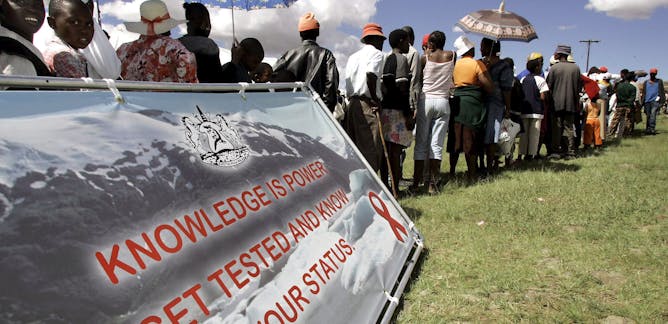
Joel Msafiri Francis, University of the Witwatersrand
Access to HIV testing is an important factor in reaching UN goals that 90% of people with HIV must know their status by 2020.
| |
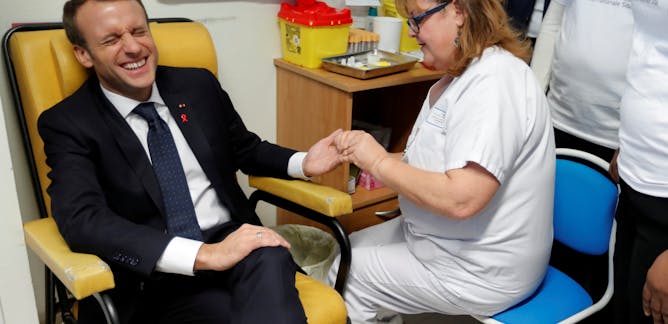
Maureen Miller, Columbia University Medical Center
World AIDS Day is Dec. 1. With many advances in preventing and treating the disease, the disease has fallen from top of mind for many. An epidemiologist explains why that could be dangerous.
|

Françoise Baylis, Dalhousie University; Graham Dellaire, Dalhousie University; Landon J Getz, Dalhousie University
Chinese researcher, Jainkui He claims to have created the world's first genome-edited twins. Such action would pose unknown risks to the lives of these children and to humanity as a whole.
| |
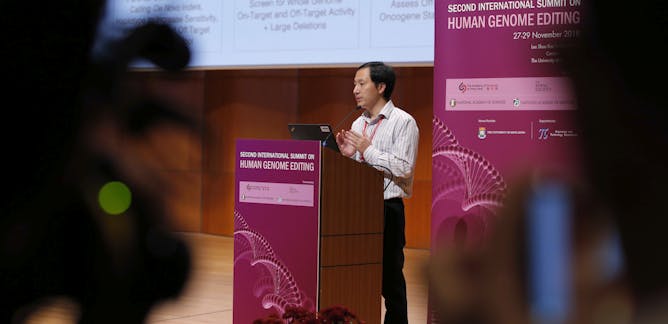
George Seidel, Colorado State University
Chinese researcher He Jiankui told a spellbound audience how he created gene-edited babies. With a couple of revealing slides, we can see what he did and speculate what health problems might ensue.
|

Calli Tzani Pepelasi, University of Huddersfield
You are as likely to start dating a psychopath as you are to start going out with a teacher.
| |
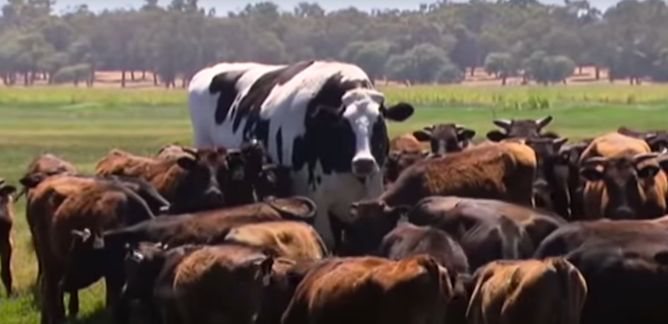
Sonja Dominik, CSIRO
An Australian steer named Knickers broke the internet this week. The heavyweight Holstein-Friesian weighs as much as a small car, but genetically speaking he's within the normal range (just).
|
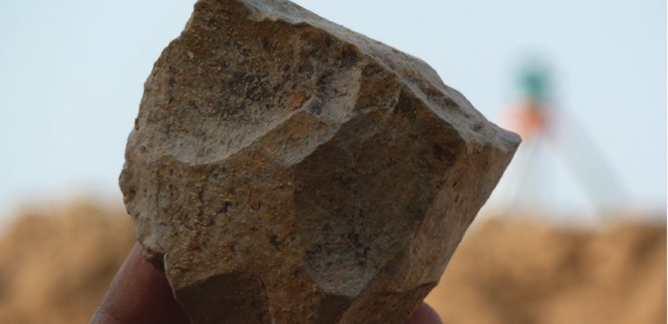
Mathieu Duval, Griffith University; Mohamed Sahnouni, National Center for Research on Human Evolution (CENIEH)
Des traces de présence humaine datées de 2,4 millions d’années ont été découvertes dans le nord de l’Algérie. Que révèlent-elles sur les hominidés ?
| |

Scott White, The Conversation
A unique model of journalism based on academic research and fact-based analysis will now be published in both of Canada's official languages
|
|
|